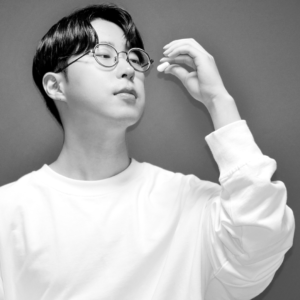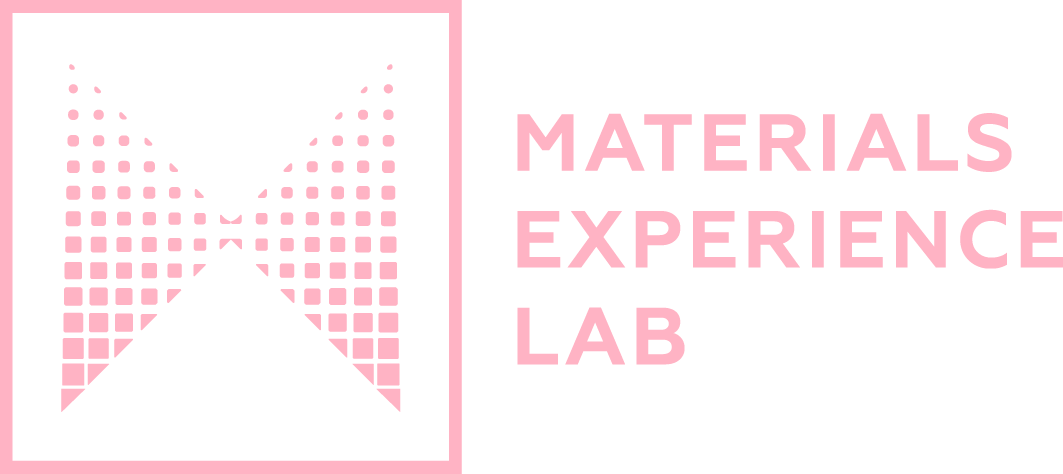
JIHO KIM
Ph.D. Candidate – Delft University of Technology, The Netherlands.
SUPERVISOR
Prof. dr. Karana, E.
Jiho is a Delft-based PhD candidate at the Faculty of Industrial Design Engineering, trying to research digital tools’ role in biodesign education at scale. As an interdisciplinary researcher, he has been intervening with Design and Art education background, focusing on tackling environmental, social and global issues.
He studied Applied Art Education as BFA at Hanyang University in Seoul. During his study, he proposed the “Fast-Act Surgical Mask” design project to improve the medical environment in South Korea as a degree show. In terms of art education, he designed a social participatory art class as a part of teaching practice, and he wrote a short essay on developing a high school art programme to cultivate global citizenship.
Lately, Jiho joined the MRes Design Pathway at the Royal College of Art in London. He presented the “Neo-Wellbeing” project, a hypothetical scenario about the adverse side effects of rising mental health disorders in future teleworking environments, with colleagues as a group project of Grand Challenge: Design for Safety. As a part of his dissertation, he tried to challenge environmental issues as an extension of social problems. Hence, he researched to reconsider the vulnerability of human society’s ecological sustainability today by presenting “The next relationship between humans and the natural environment: A symbiotic design concept through seaweed for the marine ecosystem.” With his expertise so far, he began his PhD study in Biodesign, a more focused field of his research interest, in September 2022 at TU Delft.
Before joining TU Delft after graduating from RCA, he worked on a design project as a team, “TOW: Treasure of Waste”, a mobile lifestyle application that seeks to promote proper recycling waste disposal with accessible participation and educate the value of re-waste amusingly to youth. The project was submitted to the Educational Social Media category of the Ro Plastic Prize 2022 and won a finalist.
CURRENT PROJECT
“The role of digital tools for biodesign education at scale”
Today, under pressure to solve multiple short/long-term sustainability problems such as energy, ecosystems, materials, and processes, design applications with organisms are expanding among practitioners. Biodesign is one of these novel design categories working with living organisms integrated with the science discipline. Due to its value and importance, several institutions have been trying to teach this pioneering design field. However, the design training is still focused on facilities and biology discipline. The lab-centric trend is not free from the question of temporality and biosafety concerns for both the experimenter and the subject. Furthermore, considering the future scale of biodesign education and its potential, a breakthrough is needed to bring empathy for livingness and a comprehensive understanding of the ecosystem beyond the technical aspects. Hence, the research will explore the role of digital tools in challenging the mentioned needs.
